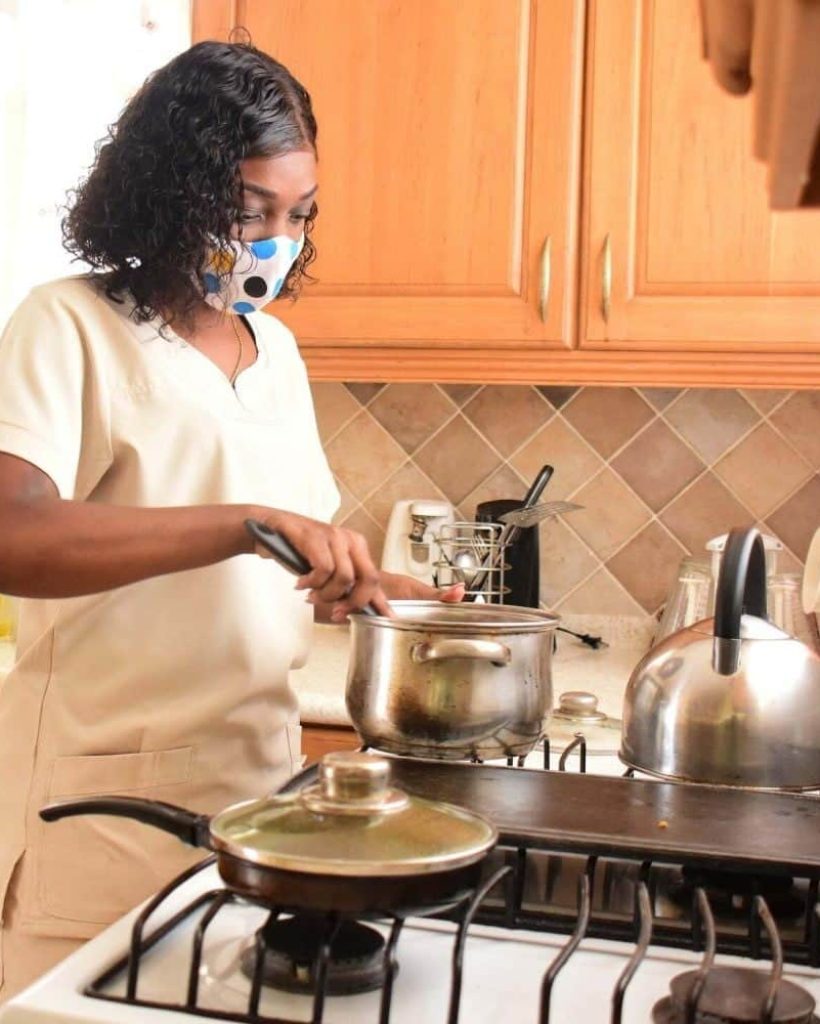Coping with Sundowning
As people age, they may experience a phenomenon known as “sundowning.” Sundowning is a term used to describe the confusion and agitation that some people with Alzheimer’s or other forms of dementia experience as the day comes to a close. Sundowning can be challenging for both the person experiencing it and their caregivers. However, there are steps you can take to cope with sundowning and make the transition into the evening as smooth as possible.
Establish a routine: People with dementia benefit from routine, which can help reduce anxiety and confusion. Try to establish a consistent schedule for meals, medication, and other activities. Having a set routine can help signal to the person with dementia that it is time to wind down for the day.
Provide a comfortable environment: As the day wears on, people with dementia may become more sensitive to their surroundings. Make sure the environment is comfortable and calming by controlling lighting and temperature. Soft music or white noise can also help create a relaxing atmosphere.
Monitor caffeine and sugar intake: Both caffeine and sugar can exacerbate symptoms of sundowning. Try to limit the person’s intake of caffeine and sugar, especially later in the day.
Encourage daytime activity: Regular exercise and activities during the day can help reduce restlessness and improve sleep at night. Encourage the person with dementia to engage in activities they enjoy during the day, such as gentle exercise, hobbies, or spending time with family and friends.
Limit napping: While napping during the day may seem like a good idea, it can disrupt sleep patterns at night. Try to limit napping during the day, and encourage the person to engage in activities instead.
Avoid stimulating activities in the evening: Try to avoid activities that may be stimulating or disruptive in the evening, such as watching intense movies or using electronic devices. Instead, opt for calming activities like reading, gentle stretching, or listening to calming music.
Consider medication: In some cases, medication may be necessary to manage symptoms of sundowning. Talk to the person’s doctor about medication options and potential side effects.
Be patient and compassionate: Finally, it is important to remember that sundowning can be frustrating and difficult for both the person with dementia and their caregivers. Approach the situation with patience and compassion, and try to create a calm and soothing environment for the person.
In conclusion, sundowning can be a challenging symptom of dementia, but there are steps you can take to cope with it. By establishing a routine, providing a comfortable environment, encouraging daytime activity, and being patient and compassionate, you can help reduce the symptoms of sundowning and make the transition into the evening as smooth as possible.

Trusted Team of Professionals
- 150+ Certified Nurses
- 2 Doctors on call
- Patient Safety Team
- Team of Registered Nurses
Explore more Barbados Care Plus+ Guides
We have designed this community forum to share our community knowledge and to help make your life better... To Care is to Share!






I found this article very informative.
You are welcome, and we will try to continue to post informative tips for our community.